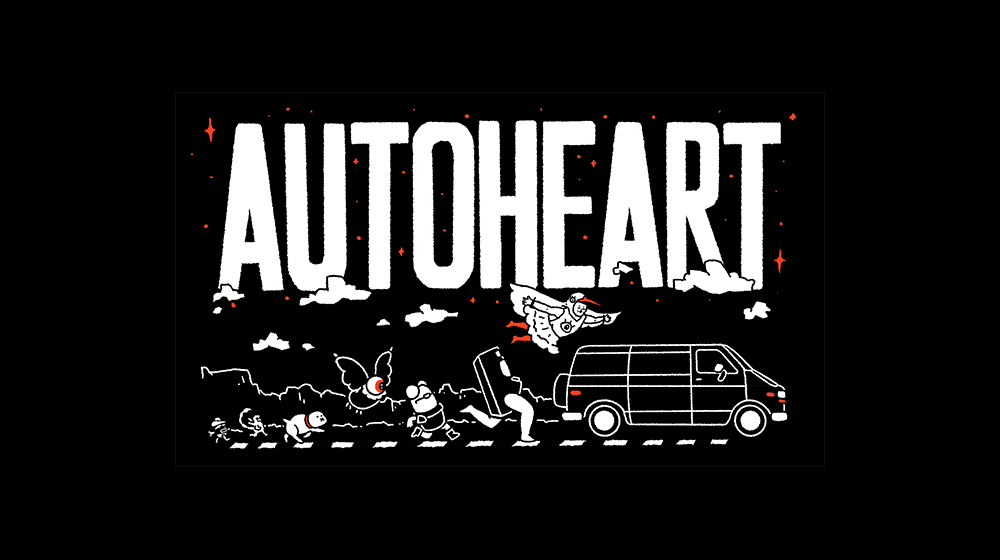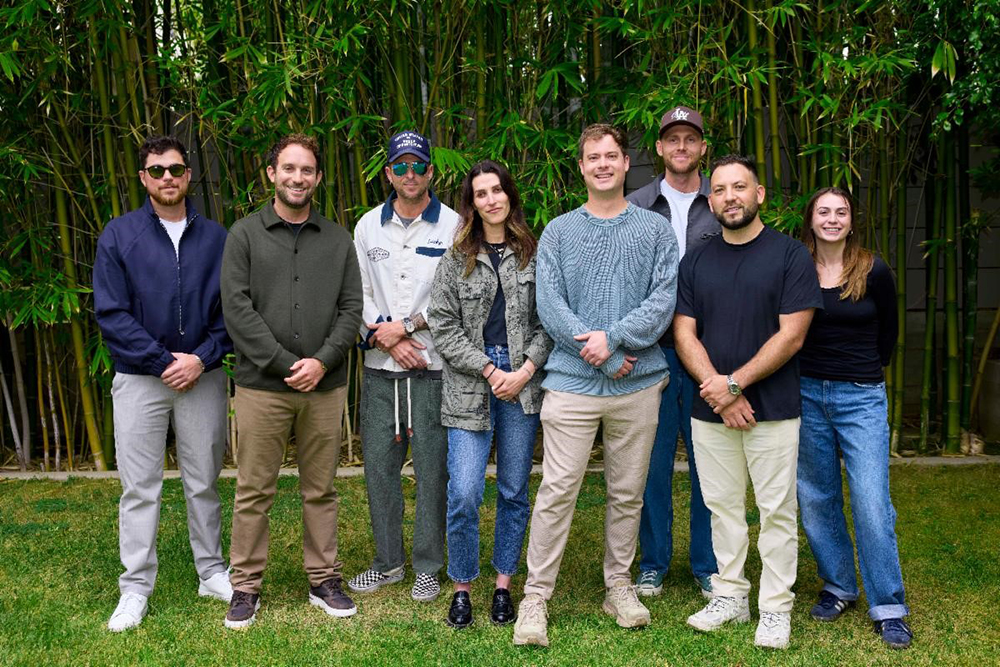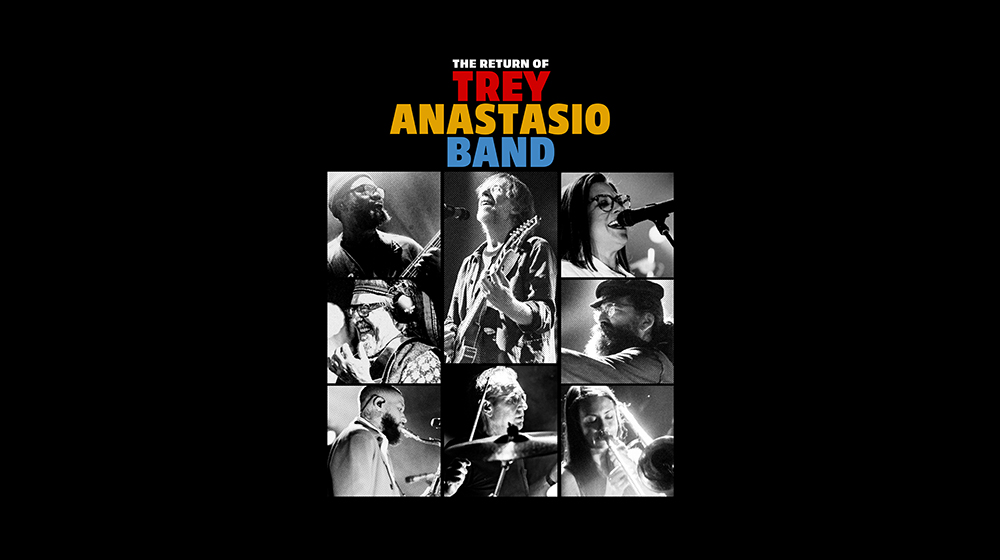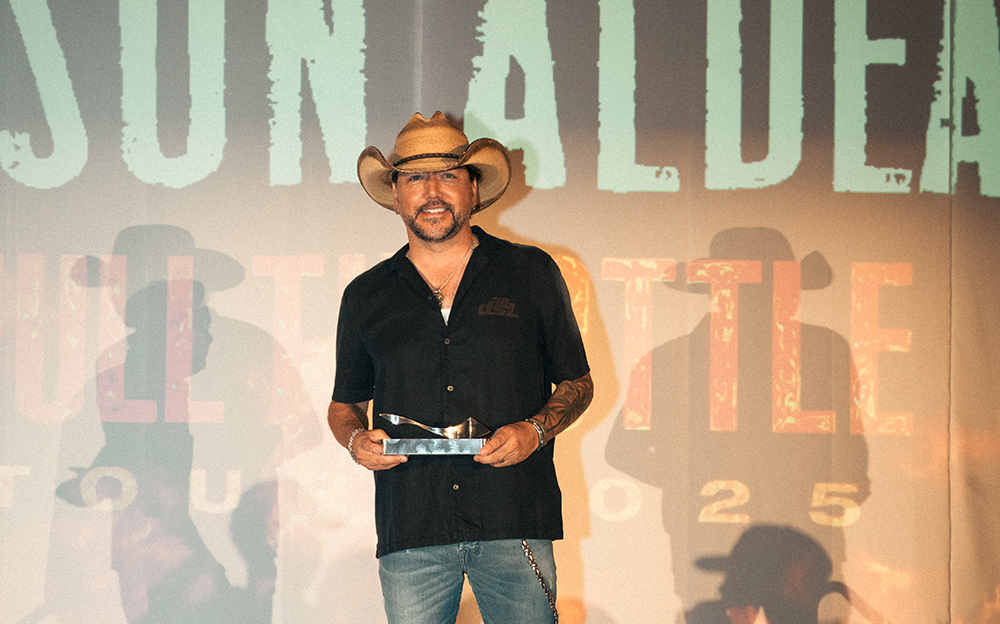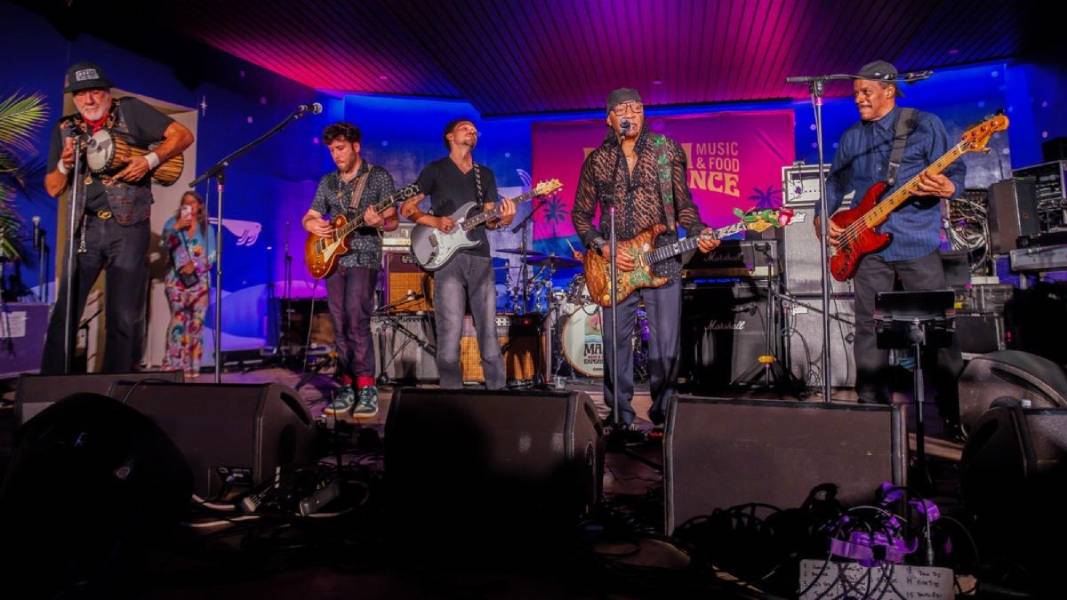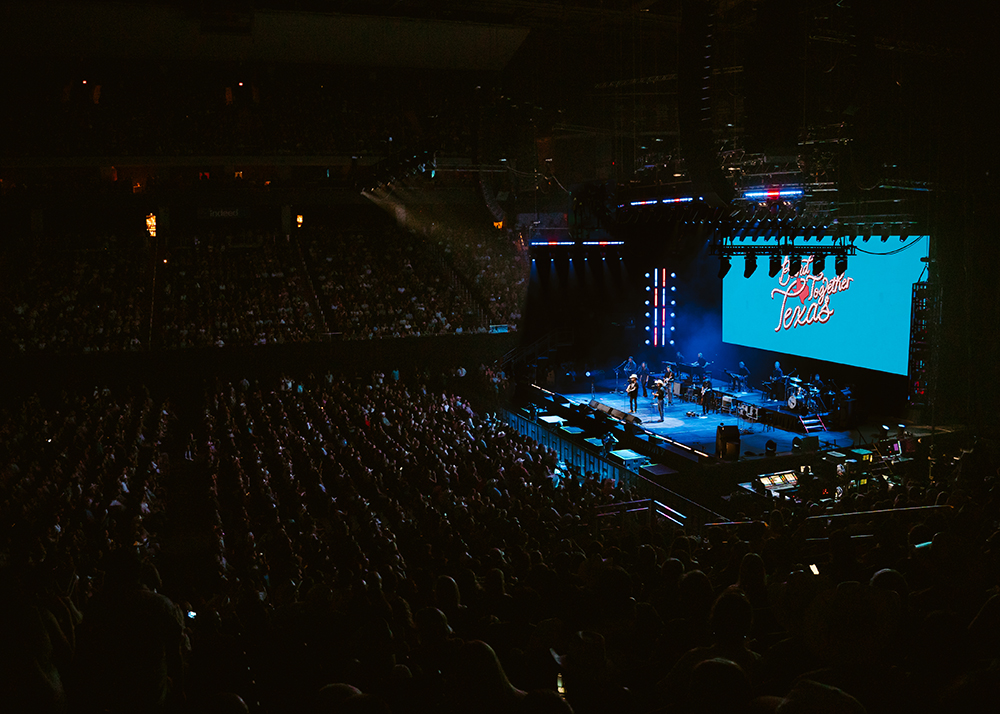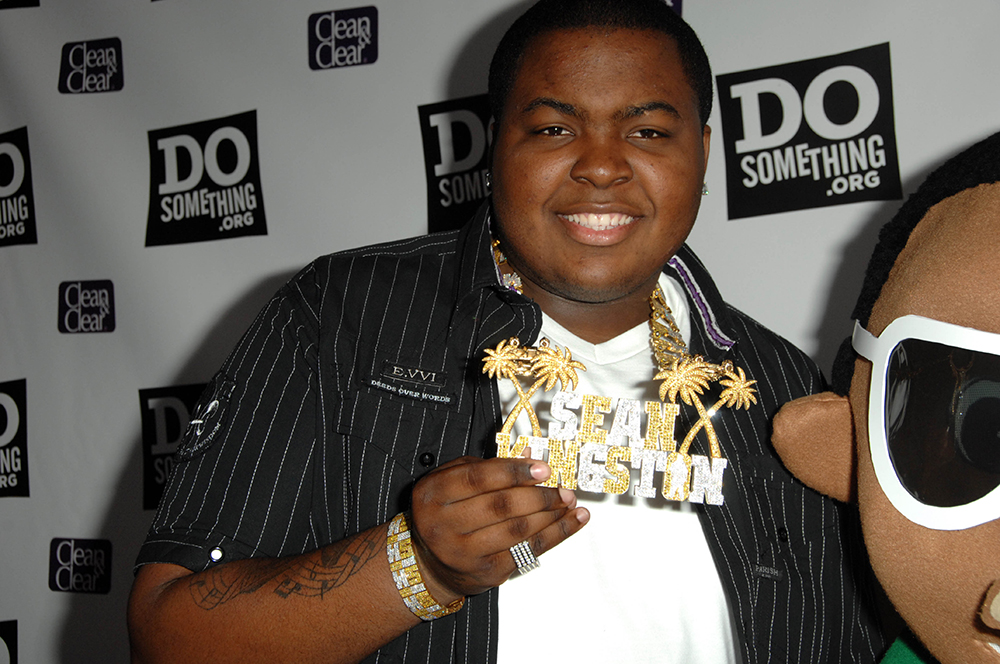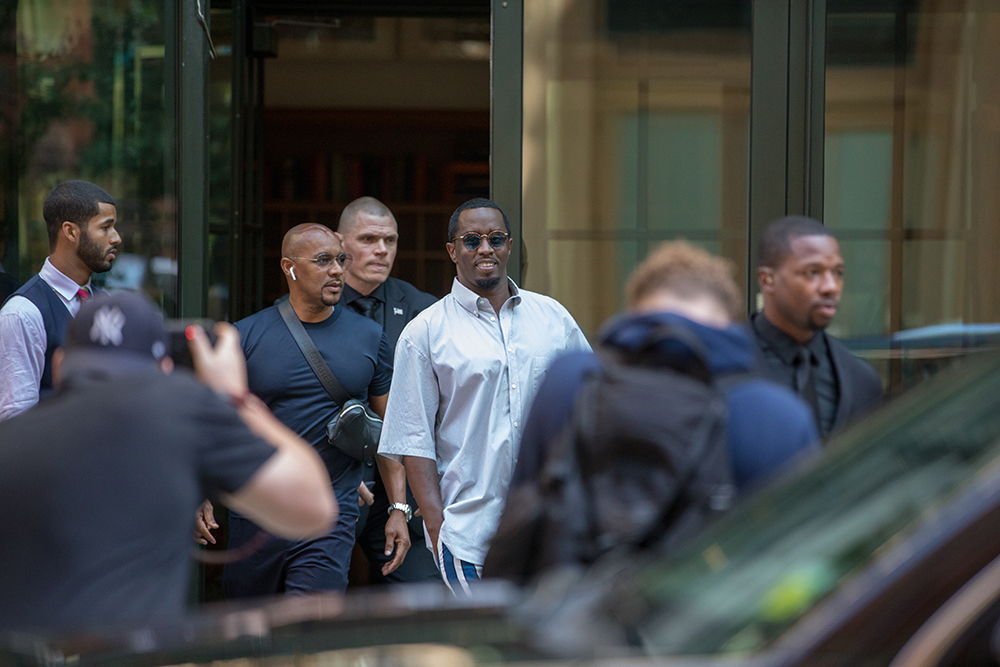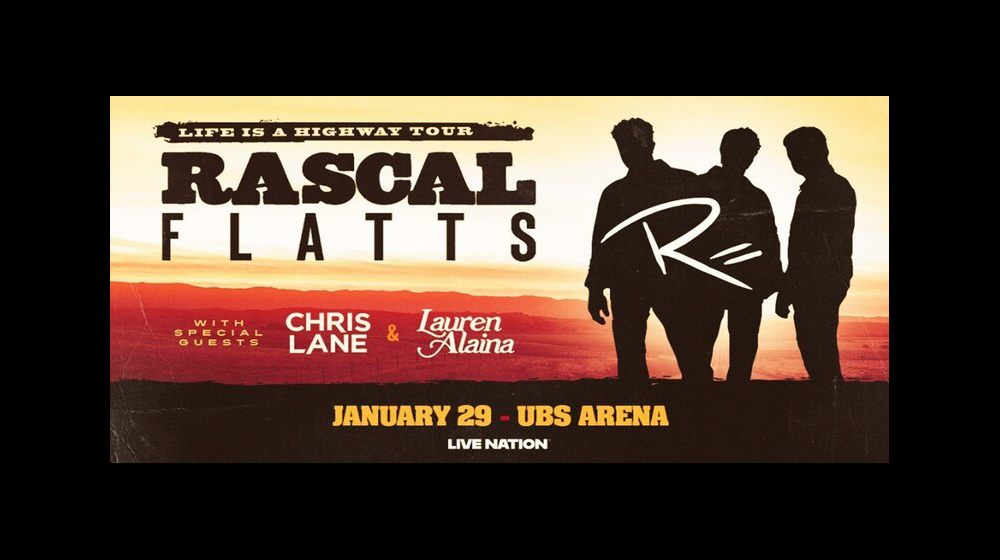
I admired the Beatles, was positively gaga over them. I had a special relationship with George
Harrison, the quiet, brooding one, but I wanted to be Mike Smith. Mike Smith and Dennis Wilson,
to be honest with you.
Dennis Wilson’s carefree attitude came across in the pictures on the back of the Beach Boys
albums. It seemed they were snapped just as he’d come out of the surf, or jumped out of a jeep.
They weren’t posed, it’s like they caught him in action, like he was always moving too fast for
the photographer. Brian might have been the certified genius, but I moved to California because
of Dennis.
But it took years for me to make it to the Golden State. And ensconced in Connecticut I lived
through rainy weather akin to England. We were inside, we were clad in shirts and trousers as
opposed to bathing suits. It wasn’t so much about fun as style. Not exactly style, but something
deeper. Who you were was very important on the east coast, still is. Who your parents are, what
your c.v. is. Still, you go a lot further if you look good. And to me, no one looked better than
Mike Smith.
Caught up in Beatlemania, I purchased the next best thing, the Dave Clark Five’s debut album, to
be closer to "Glad All Over" and "Bits and Pieces", which they used to stomp their boots to on
television. The album cover was cheesy. Black and white with a bit of orange. But despite the
low rent design, Mike Smith shined through, leaning back from his organ, in his tight white
pants and black jacket. I never got that tall, I don’t remember ever being that skinny. But I
wanted to be.
 I played that first Dave Clark Five album over and over and over again. Until I finally
I played that first Dave Clark Five album over and over and over again. Until I finally
convinced myself it just wasn’t that good. I got into the album groove immediately, singles
didn’t make sense, economically they were a rip-off. If you played "Meet The Beatles" long
enough, you loved every track. But I never came to love every Dave Clark Five track. But, I did
cotton to two album cuts, "Do You Love Me" and "Chaquita".
And maybe that’s why I bought the follow-up, "The Dave Clark Five Return!" Maybe I figured the
hit to shit ratio could only increase. But I was wrong. It was one of my least played albums.
Bookended by the only two good tracks, "Can’t You See That She’s Mine" and their cover of "On
Broadway". But Mike looked cool on the cover. And I looked at that cover quite a bit.
There were a few more hits. But I never bought another album, I felt ripped off. But not by
Mike, but the label. They must have made him do it. He’d emerge as a solo, he had all the
talent.
But this never happened. The Dave Clark Five became a curio, available in the CD marketplace
only briefly. Thank god for the Internet, where you can download these songs instantly. The
music is being kept alive.
But Mike Smith is now dead.
I didn’t know him. Maybe it’s better this way, all I’ve got is my memories. When being in your
twenties seemed ancient, when we went to school and debated bands, when I saved all my money to
buy records. Music was a secret society, owned by the youth. Our parents didn’t understand, and
we couldn’t convince them otherwise. They laughed at the Beatles. They told us to turn the music
down. And then everything flip-flopped, we and the music triumphed. And in the process, all the
quaintness, all the vitality, was eviscerated. It was all about the money.
 I doubt Mike Smith had much money. But back then, music was temporary. Not in terms of its
I doubt Mike Smith had much money. But back then, music was temporary. Not in terms of its
longevity so much as it wasn’t a career. Going to school I dreamed of being a rock star, but I
knew it could never happen. The odds were too long. I didn’t have the looks. My upbringing was
too middle class. Yet my heroes were these Limeys who struggled, who seemed to do everything on
a lark, who having less at risk appeared to be carefree, they could follow their mood, their
heart’s desire. And that’s what drew us to them. They were alive.
But, like I said, Mike Smith died. Today.
But when I hear "Can’t You See That She’s Mine", he’ll forever be alive. As the coolest guy in
the room, a slave to nothing other than music. And girls. We played the records at summer camp.
The bands performed them at Bar Mitzvah parties. We tried out our nascent lines on the opposite
sex. And no matter what happened, no matter what failures we experienced, when we listened to
the tunes, we were kings.

























